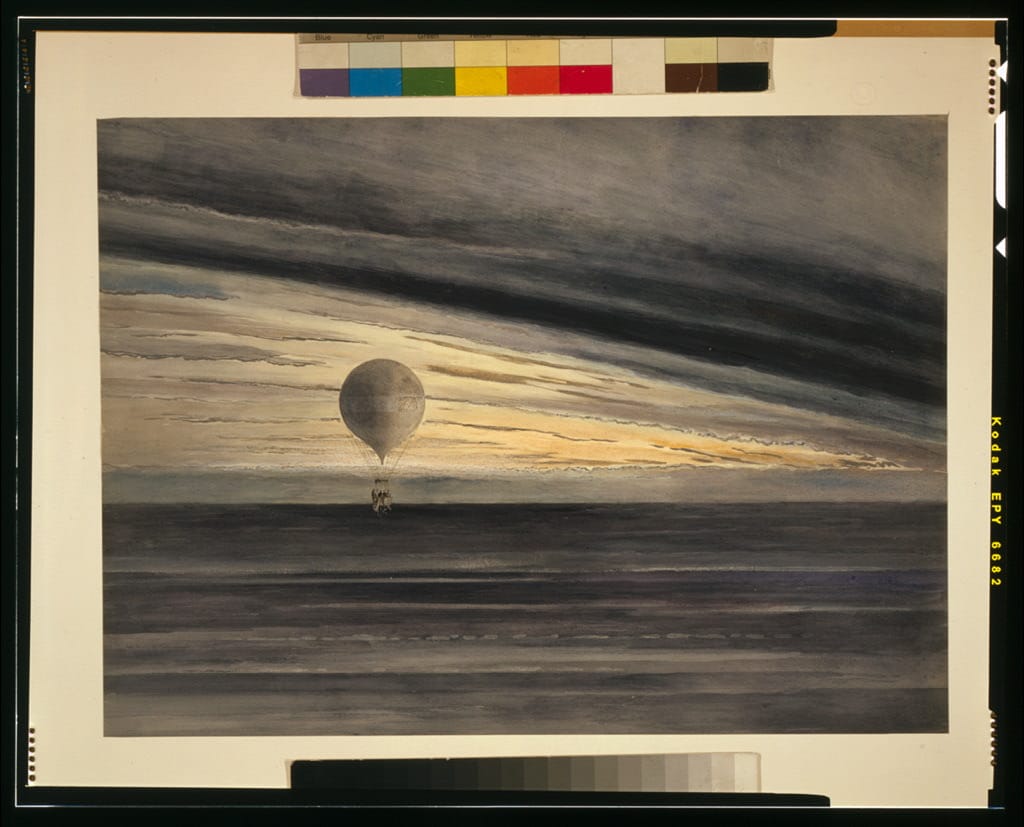no promises (why worlds?)

Welcome back to Brittle Almanac, this lo-fi blog/newsletter thing! It's been a minute—sorry about that. I want you to know that I have tried to sit down, explain what happened to me, and write a new essay at least a dozen times. (The song goes: I was sad, and then I was sad and sick a few different times, and honestly, I just could not track things well. Then I took a new job, and that has been weird and hard. Better now! Sort of. You know.) And though I am firmly in the camp urging us to stop anthropomorphizing years, I gotta say: fuck outta here, 2023 and 2024, see ya later, wouldn't wanna be ya.
I have a couple of neat things to shoutout, I guess: in July, an interview I did with Austin Walker (host of Friends at the Table) published in British Fantasy Society Journal #24, their special issue on fantasy and gaming. I interviewed Austin sometime in 2022 for my critical thesis in grad school, and though I'd do it differently now, I'm glad some of that conversation is out in the world. Check it out—I'm in good company, I think! You can subscribe to BFS through their website, and more directly, pick up BFS Journal #24 as an ebook. (Sorry for the Amazon link—it is not as readily accessible as you might like.)
Okay, and where are we now? You and me, reader? We're back, baby. We're here on the slippery ground of (un)reality and we're talking worlds, worldbuilding, games, play, agency, all that. While I was away, I thought a lot about this Almanac: its frequency, its content, its goals. What is it about worlds—about our language for them, our frameworks for them—that has me so fired up? And as I worked on some of the essays that will be landing in your inbox, I learned again that the locus of that fire is in community, play, and games. In the next few months, we might take a walk through the Mass Effect franchise of video games, the open world coming-of-age video game Sable and its relationship with progression, extraction, and protagonism, we might talk about the tabletop roleplaying games I've been playing and designing, the games studies book Repairing Play: A Black Phenomenology and the more painful layers of play, and more. I found myself circling games more and more, though I started this newsletter thinking I'd write more about books. No promises, exactly, but that is where my head's at right now. I'm going to do my best to be nimble and in the moment.
In my kickoff for this Almanac, I spoke a little about Brittle, my fiction project and this newsletter's namesake, and how the stories emerged out of my alienation from the place where I grew up. That alienation extended beyond the physical world, though: I felt it in relationships, too. It made me wary of my place in the world—that is, I suspected that I did not live where everybody else appeared to, and I didn't believe I could get there. There was an enormous gap and it felt insurmountable. This is normal, I think: when I find myself in relationship with another person—a fellow pedestrian, a store clerk, a coworker, my closest friends—I sometimes become overwhelmed. What are they bringing to this interaction? What am I? What was their morning like—hell, their week? We just squeezed whole worlds into the eight words we exchanged, and will we ever recover from that? The trick, of course, is that this is extraordinary. Life can be hell, but this? Living? It's delicious. We are not reducing ourselves when we're in relationship, we're expanding. We do not inhabit the same world, a phrase I lifted from a critical paper I wrote in grad school and slapped on the bottom of brittlealmanac dot com. The gift of life is that we get to try and bridge that gap.
As a kid, I was hungry—for life, for story, for some sense of the world—and had no idea what might nourish me. I dipped into Lord of the Rings and 20,000 Leagues Under the Sea and Oliver Twist and Dragonriders of Pern and a hundred other stories. I thought stories would feed me. And when video games like Chrono Trigger and Final Fantasy 7 crossed my path, when I was lifted up by their melancholy and adventure, I thought I'd found what I was looking for. The texture of their simulated spaces made more sense to me, at least at the time—not handmade in the traditional sense, but certainly made by people, about as material as anything else. Nowadays, I know I did not exactly want adventure. I wanted to feel like I was touching something real: a shirt, a wall, the soil, even just someone's finger. I still have difficulty grasping or articulating how parts of our world work—its pleasant spirit, its cruel mechanisms—and I think that is the work of this Almanac. I mean, sure, I want someplace to dump my thoughts about making stuff and cartoons and whatnot too. They're the same work, the heavy stuff and the joy, the sweet and the ruptured, all mingling in the soup.
Anyway, of course I'm writing about worlds. To think about a story's world is to turn one's attention to its systems and relationships and ideas, to keep your head just above the water, to see the river and be in the river. I'm here thinking about worlds because I want to be here, in the world we share.
See you soon (for real this time, probably)